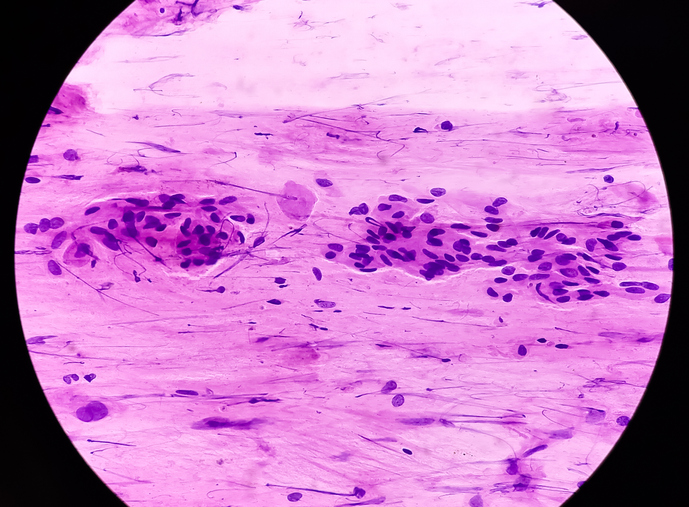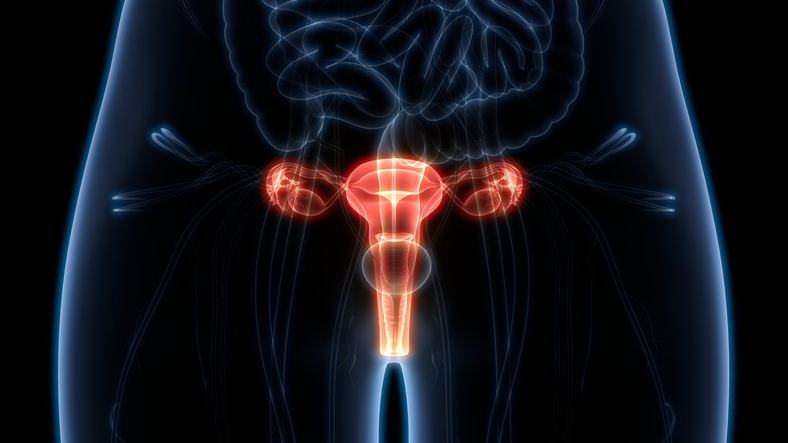
To further explore the pathogenesis, effective intervention, and prevention of cervical cancer (CC), a group of researchers developed an immunogenic cell death (ICD)–related gene signature to predict patient prognosis with immunotherapy and immune cell infiltration. Results were published in Cancer Informatics.
The researchers analyzed 304 primary CC samples from The Cancer Genome Atlas (TCGA) and 300 external-validation samples from the Gene Expression Omnibus (GEO) dataset as well as 40 ICD-related genes identified from previously published studies.
They stratified the TCGA data based on specific ICD-related genes using consensus clustering and identified expression levels of 3 ICD-related genes (IL1BV, IFNG, and FOXP3) that effectively predicted patient survival and immune cell infiltration. Expression levels were evaluated using CC cell lines, single-cell data, and clinical samples in vitro.
Through consensus clustering in the TCGA cohort, the researchers identified 2 ICD-associated subtypes (cluster 1 vs cluster 2); patients with the cluster 2 subtype had higher levels of immune cell infiltration and a more favorable prognosis. To assess the reliability of their prognostic model, the researchers calculated the risk scores in the GEO dataset and classified the samples as high or low risk.
Kaplan-Meier survival analysis demonstrated that the high-risk group had significantly poorer prognosis (P=0.035), which validates the findings in the primary TCGA cohort. Univariate and multivariate Cox regression analysis confirmed that the risk score served as an independent prognostic factor (hazard ratio [HR], 81.23; 95% CI, 5.75-1146.66; P=0.001 vs HR, 112.40; 95% CI, 7.83-1613.67; P=0.0005).
In addition, the researchers examined the relationship between risk score and immune cell infiltration in both dataset cohorts, revealing a negative correlation with the infiltration abundance of CD8+ T cells, follicular helper and regulatory T cells, resting mast cells, and naive B cells. The risk scores showed a statistically significant correlation with immune cell proportion scores (R, –0.12; P=0.04) and tumor burden mutation scores (R, –0.12; P=0.043), indicating that the low-risk cohort had a greater chance of benefiting from immunotherapy.
The researchers concluded, “This signature demonstrated strong performance in predicting the prognosis of CC patients and influencing immune cell infiltration within the tumor microenvironment. These findings offer valuable insights into prognosis prediction and potential strategies for enhancing immunotherapy sensitivity in CC.”
Reference
Sun F, Sun Y, Tian H. An immunogenic cell death-related gene signature predicts the prognosis and immune infiltration of cervical cancer. Cancer Inform. Published 2025 Feb 24. doi:10.1177/11769351251323239







 © 2025 Mashup Media, LLC, a Formedics Property. All Rights Reserved.
© 2025 Mashup Media, LLC, a Formedics Property. All Rights Reserved.